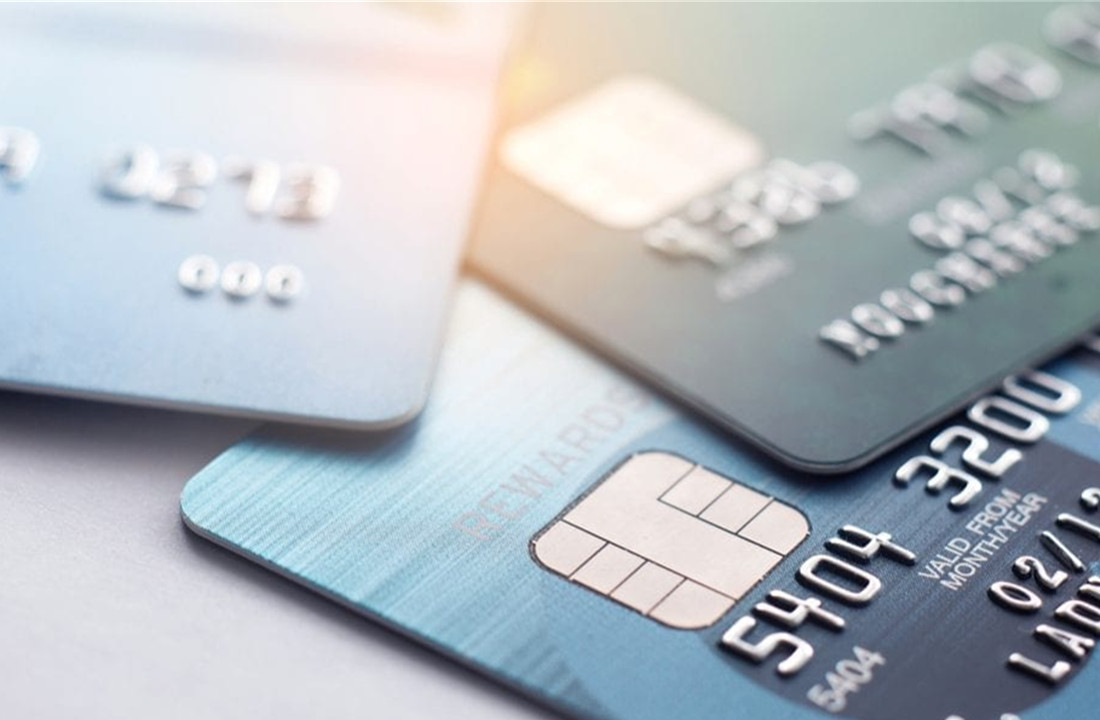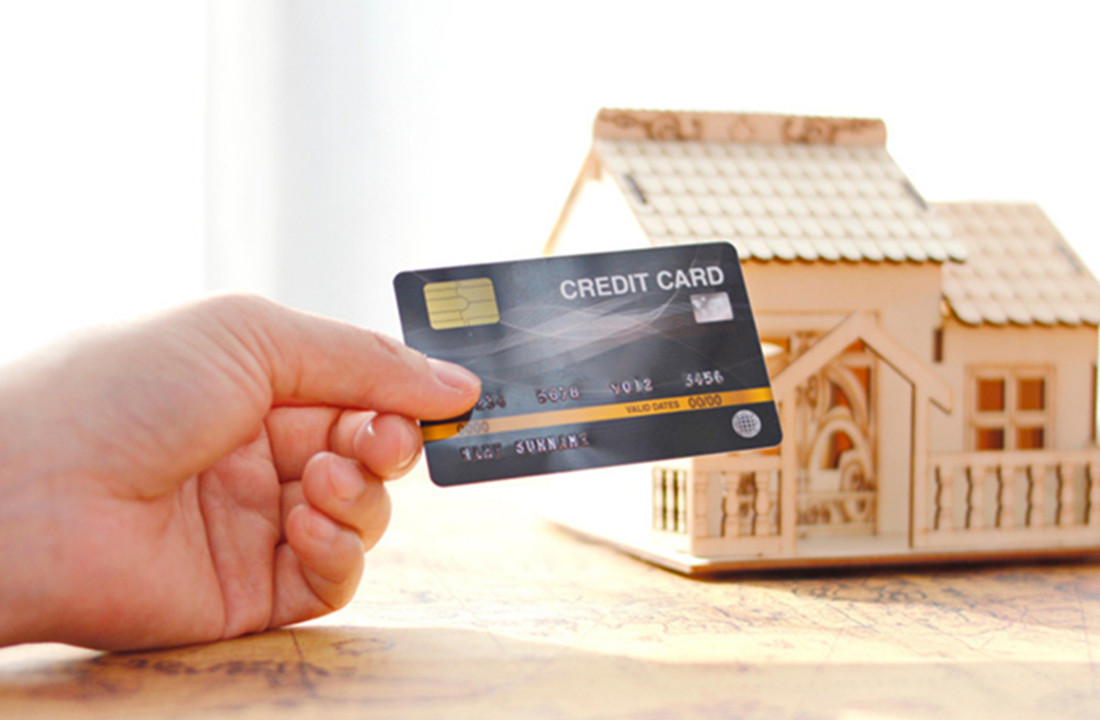
Credit Card News
The primary purpose of credit cards is to allow consumers to access credit by providing them with a line of credit directly from their bank. This allows consumers the liquidity and flexibility to purchase items while they are waiting for their paychecks to come in or while looking for a cheaper cost.
The way this works is that the consumer uses the card and makes payments on it, either at the end of each month or multiple times throughout their billing cycle. Monthly payments will reduce your interest rate over time, paying at least the minimum amount will help you build your credit score up and not cause any further problems later on down the road.
Credit cards can be very useful if used appropriately and responsibly, but should never be used as an alternative means for income when a consumer cannot afford something.
The easiest way to do this is by making a budget for yourself and sticking to it, if you know yourself enough to know that you may overspend then just don’t carry the card with you until you need it. If your spending habits are such that even a budget won’t help then consider canceling your credit cards altogether as there may be some other underlying issue.

Credit card companies always want consumers who will repay their debts on time and not enter delinquency so they’ll provide incentives like higher credit limits and lower interest rates on new purchases if payment history and scores meet their qualifications. But the greatest contributor to the credit score is paying your bills on time without going into delinquency or default.
When you do this you are participating in the ever-growing economy.
The easiest ways to build credit is to just establish one, if you have poor or no credit at all then it’s best to start with a secured card because they’ll look at your deposit as collateral. Many banks will pay for this for you when you set up an account which makes it even easier, but if your bank doesn’t offer this option check around and see what’s available. After that you can begin establishing other lines of credit so that every month when companies review their clients’ credit histories they’ll see how responsible you’ve been in paying off your debts.


